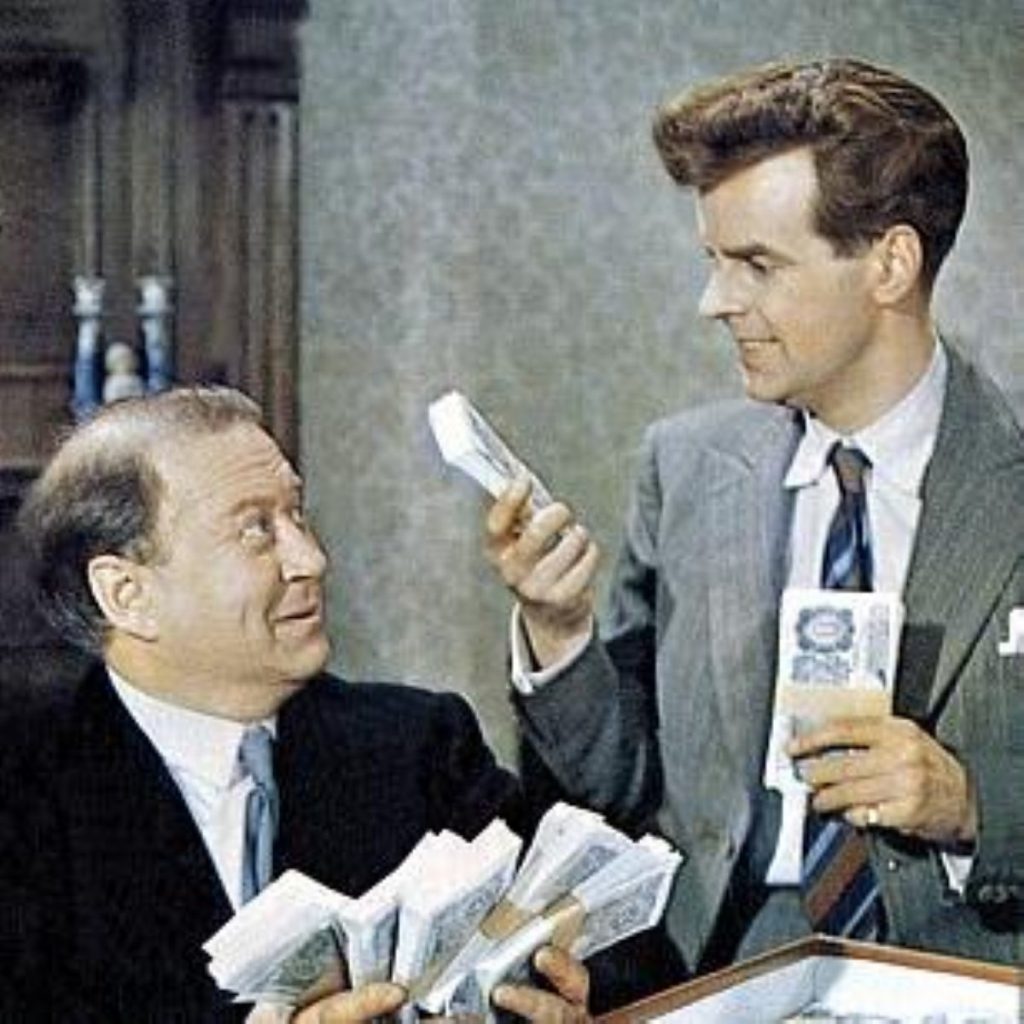Executive pay rises by nearly 5,000% since 1980
By Ian Dunt Follow @IanDunt
The full extent of the growing inequality in Britain was laid bare today, in a new report aiming to curb executive wages.
The Fair Pay Commission highlighted the pay of former Barclays chief executive John Varley as an example of soaring executive salaries.
Mr Varley earned £4,365,636 last year, some 169 times the wages of the average UK worker and a 4,899.4% increase on the top Barclays salary in 1980. Average wages, meanwhile, have increased just threefold.


The report, which is being closely watched by Vince Cable in the Department for Business, Innovation and Skills, suggests greater transparency in wage systems and for a worker to be put on companies' remuneration committees.
It also seriously challenges the assumption that soaring executive salaries are necessary to prevent talent flight, with researchers suggesting that growing inequality has a "corrosive" effect on the workforce and the broader economy.
The commission, established by left-wing pressure group Compass and funded by the Joseph Rowntree Charitable Trust, is likely to have several of its proposals implemented, after Mr Cable made executive pay a central peg of his department's objectives.
"In the last decade we have seen extreme increases in top executive pay which appear to be completely unrelated to the performance of companies. They are therefore acting against the interests of shareholders and consumers," Mr Cable said.
"There is widespread consensus, not just among the public but in the business community, that this is unacceptable and is undermining the credibility of our markets-based system."
Labour also supports the report's recommendations.
"Labour has repeatedly called for greater transparency and disclosure of executive pay, for every remuneration committee to include an employee on its board and for firms to publish the ratio of the average pay of a worker to that of the highest paid executive," shadowbusiness secretary Chuka Umunna said.
Even Conservative ministers are understood to be sympathetic to the need to challenge executive pay.
The report's recommendations include greater transparency in pay calculations, including mechanisms to show the various elements which make up a salary.
It also suggests mandatory publication of pay ratios between the company median and the highest paid executive, publication of the top ten executive pay packages and a national body to monitor high pay.
That final recommendation is unlikely to be implemented, but many of the others are backed by the Lib Dems and Labour and have an increasingly sympathetic ear from the Conservatives.
"There's a crisis at the top of British business and it is deeply corrosive to our economy. When pay for senior executives is set behind closed doors, does not reflect company success and is fuelling massive inequality, it represents a deep malaise at the very top of our society," Deborah Hargreaves, chair of the commission, said.
Mr Cable's consultation on shareholder power over pay comes to an end on Friday.












